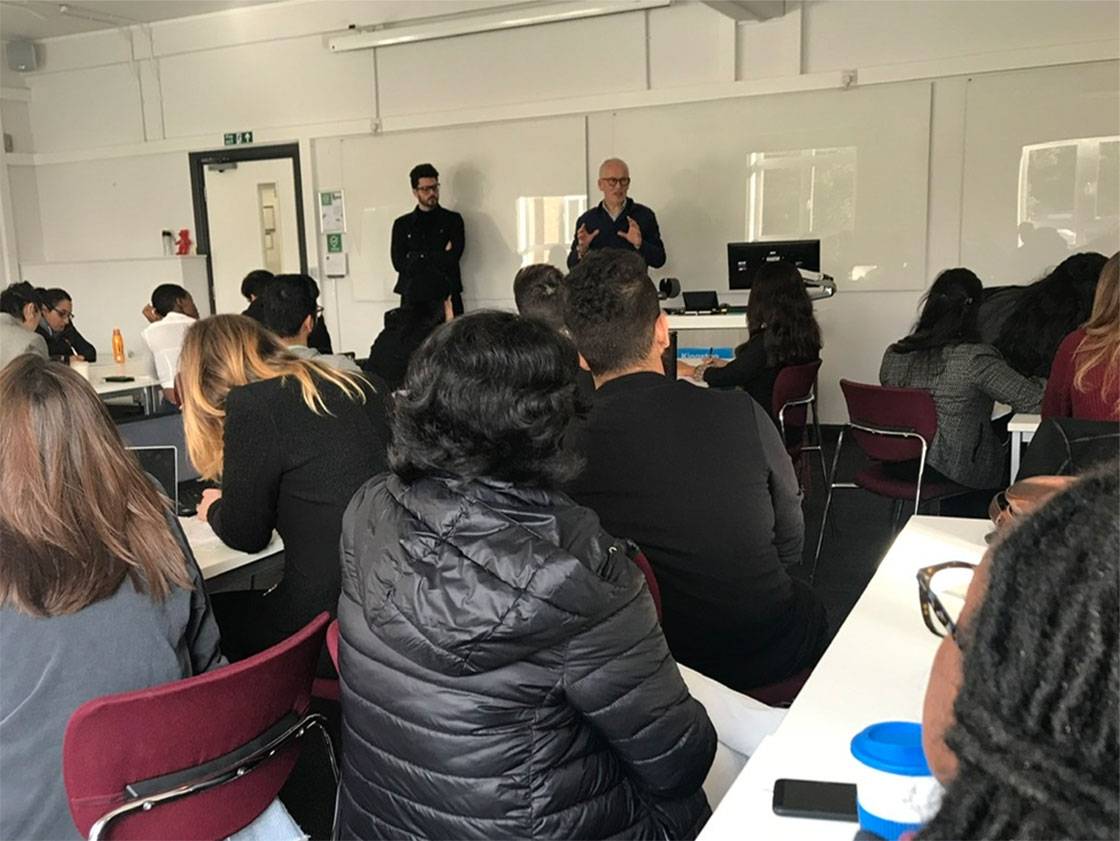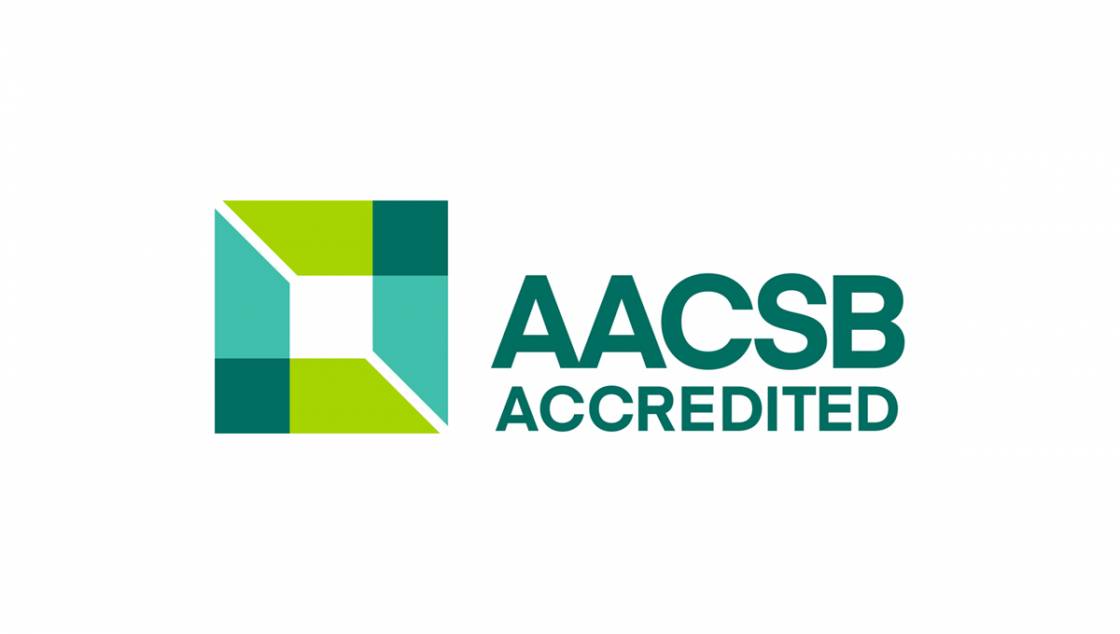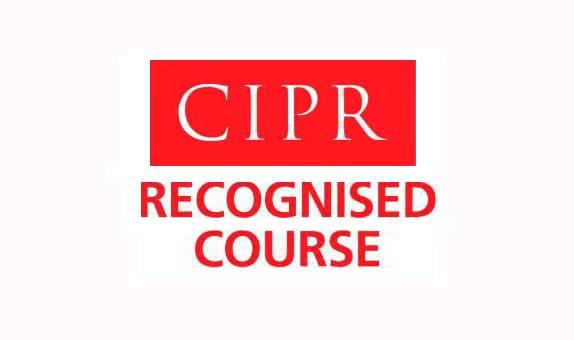Public Relations and Corporate Communications MA
Why choose this course?
This course is ideal if you aspire to a career in corporate communications, public relations or internal communications. It offers a basis in business disciplines rather than journalism. This includes working for an agency or in-house for a company or organisation. Roles may include PR manager, internal/external communications or investor relations.
Over the course of the programme, you will learn to:
- Identify and understand different stakeholder groups and markets, enabling you to develop effective communication styles for clients from a multitude of different educational or cultural backgrounds.
- Understand value and competitive advantage.
- Use the latest research in corporate and marketing communications and adapt this to a practical setting through workshops and projects.
- Understand best practice in relation to marketing communications in general and, more specifically, corporate and public communications.
- Through integrated tasks and workshops, you will apply your knowledge to practical settings, preparing you for your career.
| Mode | Duration | Start date |
|---|---|---|
| Full time | 1 year |
September 2024 September 2025 |
| Full time | 2 years including professional placement |
September 2024 September 2025 |
| Main Location | Kingston Hill |
Reasons to choose Kingston University
- Though collaboration with the Chartered Institute of Public Relations (CIPR), the course features a bespoke programme of professional development. This will set you on the path to becoming an accredited CIPR practitioner.
- You will benefit from our connections with senior practitioners in the industry, who have worked for organisations such as Coca-Cola, Royal Mail and John Lewis, who share their expertise during guest lectures.
- Kingston Business School is one of only 5% of the world's business schools to be accredited by AACSB International.
- Free car parking at the Kingston Hill campus is available for students of this course. The campus can also be easily accessed by public transport. Halls accommodation is just a walk away from the classrooms.
Kingston Business School Accreditations
Kingston Business School holds the prestigious international accreditation by the AACSB (Association to Advance Collegiate Schools of Business) in recognition of the excellence of its business education. This accreditation has been earned by just 5% of the world's business schools and recognises the high quality and standard of our business degree offerings.
Accreditation
Chartered Institute of Public Relations (CIPR)
Accredited by the Chartered Institute of Public Relations (CIPR): Through our unique collaboration with the CIPR we have embedded a bespoke programme of professional development into the course structure. This will set you on the path to becoming an Accredited CIPR Practitioner, adding value to your CV and marking you out as an industry expert.
Specialist careers support
You will take part in an Assessment Centre Experience, providing the opportunity to experience the pathway to employment with tailored feedback to help develop your employability skills for the world of graduate employment.
- Develop your understanding of the jobs market, including current trends and opportunities, different recruitment processes and how to identify relevant roles
- Receive personalised feedback reports to help you to improve and progress
- Access additional webinars on top tips, employer expectations and best practice

Kingston Business School: be who you want to be
At Kingston Business School we lead
What our students say
Grace, a Public Relations and Corporate Communications Master's student from Belgium talks about what she is looking forward to as a KU student.
About the Department of Strategy, Marketing and Innovation
The Department of Strategy, Marketing and Innovation comprises passionate and enterprising academics from a diverse range of backgrounds. Our undergraduate and postgraduate qualifications bring together research, practitioner insights and teaching expertise in the disciplines of marketing, international business, entrepreneurship, strategy and innovation.
Our courses are truly experiential, providing you with opportunities to undertake company visits, attend networking events and hear best practice from industry guest speakers.
What you will study
With the kind of practical, hands-on learning experiences that encourage flexible thinking, and a fundamental basis in business and marketing rather than journalism, our MA in Public Relations and Corporate Communications will help propel you into a range of high-level careers in challenging or commercial environments. We enable our students to graduate with the ability to effectively adapt their communications technique to succeed in any cultural, social, commercial or non-profit context.
Year 1
Year 2 (optional placement year)
The Public Relations and Corporate Communications MA is made up of six core modules worth a total of 180 credits.
Core modules
Managing Cross-Cultural and Internal Communications
30 credits
This module combines two key elements: cross-cultural communications and internal communications management. Cross-cultural communications involves the study of issues and problems which arise when people from different cultural backgrounds interact and when organisations interact with different foreign cultures. Internal communications encompasses the planning and managing of multidirectional communication within a business to ensure that employees are informed, engaged and can fully contribute to the achievement of organisational goals and strategy and the development of investor relations. An understanding and competence in both areas are essential for success in today's increasingly global environment.
The aims of this module are to build students' understanding of cross-cultural awareness and effective internal communication leading them to success in organisations and to equip them to develop and implement communication plans that meet the needs of organisations and people operating in fast-changing business environments. It is delivered through a combination of lectures, case studies, group presentations and individual assignments. The importance of this subject increases with increasing globalisation and will have a major impact on the students' future work experience and career development.
Marketing Communications
15 credits
The module is relevant to all students who want to equip themselves for a career in marketing communications, either on the agency or client side. Marketing communications involves planning, organising, managing and evaluating communications between a company or organisation and its stakeholders. It traditionally involves the integration of advertising, sales promotion, public relations and interactive marketing. This module ensures that you understand the practical issues involved in creating effective integrated communications plans which incorporate both traditional and innovative elements. It also builds an understanding of the theoretical issues which underpin effective communications.
The module is delivered via lectures, in-class exercises, workshops, electronic learning and is supported by guest speakers. There is a strong emphasis on student-centred learning and you will be regularly asked to contribute to sessions with discussion of research projects, presentations and practical assignments.
Public Relations Strategy
30 credits
The module is relevant to students who want to equip themselves for a career in marketing communications, either on the agency or client side. Public relations is the discipline which looks after reputation - for individuals, products, organisations, governments even countries. This module comprises an in-depth examination of the theory of public relations and the application of its tools and techniques in building and maintaining reputation to an advanced level. In addition, the module considers a range of specialisms and market sector applications within the PR domain, along with potential future developments. It is delivered through a combination of lectures, guest speakers, case study tutorials and group presentations.
You will combine theoretical perspectives and practical applications to ensure that you develop the rigorous research and analytical skills essential for a career in marketing communications. There is a strong emphasis on student-centred learning with regular research projects, presentations and practical assignments.
Market Research and Data Analysis
30 credits
This module will help you understand the elements of effective market research. You will:
- collect primary data that is valid and reliable for management purposes; and
- develop practical skills in data analysis to transform this raw data into information that guides marketing decisions.
This module can act as a launch pad for a career in market research within the wider marketing industry. The skills you learn in this module also prepare you for your dissertation. You will learn to:
- critically evaluate commercial and academic published research;
- construct and execute a programme of research; and
- analyse and present the results.
The module is delivered through a combination of class sessions, workshops and computer mediated practical sessions covering both quantitative and quantitative aspects of data collection and analysis.
Research Proposal and Dissertation
60 credits
You will research a specific area of marketing in depth by identifying a topical issue or problem using appropriate theory and research methods. You will put the knowledge you've developed during the course to the test by writing a research proposal and dissertation that combine academic rigour with practical marketing implications. You will then communicate these findings as you would do in the workplace – by writing a management report.
This module teaches you how to select appropriate research methods and leads to a theoretically-grounded research project which generates findings that inform management decisions. It will teach you to apply your research skills and gain experience managing a large-scale research project. These advanced research skills will prepare you for a highly adaptable career in marketing, and differentiate you as a future business leader.
Managing Corporate Social Responsibility and Sustainable Development
15 credits
This module will help you develop a critical understanding of corporate social responsibility (CSR) and sustainable development (SD), and recognise their development and growing importance. You will learn contrasting methods while you evaluate CSR and SD practices as applied to various business functions and how to manage organisations and their activities in a socially responsible way.
The professional placement year is optional. It takes place after the full-time year. It allows students to do a 12-month work placement as part of their course. The work placement is an assessed part of the course and is therefore covered by a Student Route visa.
Find out more about the postgraduate work placement scheme.
Core module
Professional Placement
120 credits
The Professional Placement module is a core module for those students following a masters programme that incorporates an extended professional placement that follows completion of the first 180 credits of taught modules and project or dissertation. It provides students with the opportunity to apply their knowledge and skills in an appropriate working environment, and to develop and enhance key employability skills and subject specific skills in their chosen subject.
It is the responsibility of individual students to locate and secure a suitable placement opportunity; this will normally involve one placement which must be completed over a minimum period of 10 months and within a maximum of 12 months. The placement must be approved by the module leader prior to commencement to ensure its suitability.
Embedded work-experience
Within the course, students are given the opportunity to gain real-life work experience. Recently, students worked on a live-client project with Rose Theatre Kingston. They were given their brief by the Theatre's Chief Executive. Then in a formal pitch process the students presented their ideas to the team from the Theatre.
"Our students get the opportunity to understand current challenges that real businesses face, understand the marketing context of an organisation and present solutions to real problems in a formal process."
Dr Shalini Ramlall, Course Director

What this course offers you
- Broad and deep knowledge of public relations, internal communications, and corporate social responsibility, with a basis in business disciplines rather than journalism.
- Career and employability focus through integrated tasks and workshops.
- Highly interactive lecture sessions will develop your critical thinking by putting the emphasis on discussion and debate and the exchange of ideas between lecturers and students.
- You will put theory into practice through applied in-class exercises as well as an exciting assessment that enables you to devise a strategic communications plans via a live company brief.
- Guest lectures by specialist practitioners and industry experts will give you unique insight into the challenges faced by organisations in today's competitive landscape.
- Special industry events organised by our Alumni department provide excellent opportunities for networking.
After you graduate
Graduates work in a variety of commercial, not-for-profit and non-governmental organisations. Roles include public relations officer, corporate communications manager and communications coordinator. Recent alumni from our range of marketing postgraduate courses have taken numerous professional roles, including:
- Campaign manager at Conde Nast Publications;
- Business manager for North America at RHN;
- CEO at British Venezuelan Chamber of Commerce;
- Consultant at Marketability;
- Director at Matrix Data;
- European consumer insight manager at Unilever Bestfoods;
- Media planner at Mindshare Media Agency;
- Relationship marketing manager at Eurostar;
- Senior marketing manager at the AA;
- Strategic design consultant at Royal & Sun Alliance;
- UK advertising manager at HSBC; and
- Vice-President at City Group.
Some graduates decide to continue their studies at Kingston University though doctoral research, and many decide to use the skills they have learned to set themselves up in business.
Entry requirements
Teaching and assessment
Who teaches this course?
You will be taught by an experienced teaching team whose expertise and knowledge are closely matched to the content of the modules on this course. The team includes senior academics and professional practitioners with industry experience. The following group of staff members are currently involved in the delivery of different elements of this course. This pool is subject to change at any time within the academic year.
Fees for this course
Additional costs
Depending on the programme of study, there may be extra costs that are not covered by tuition fees which students will need to consider when planning their studies. Tuition fees cover the cost of your teaching, assessment and operating University facilities such as the library, access to shared IT equipment and other support services. Accommodation and living costs are not included in our fees.
Where a course has additional expenses, we make every effort to highlight them. These may include optional field trips, materials (e.g. art, design, engineering), security checks such as DBS, uniforms, specialist clothing or professional memberships.
Course changes and regulations
The information on this page reflects the currently intended course structure and module details. To improve your student experience and the quality of your degree, we may review and change the material information of this course. Course changes explained.
Programme Specifications for the course are published ahead of each academic year.
Regulations governing this course can be found on our website.












